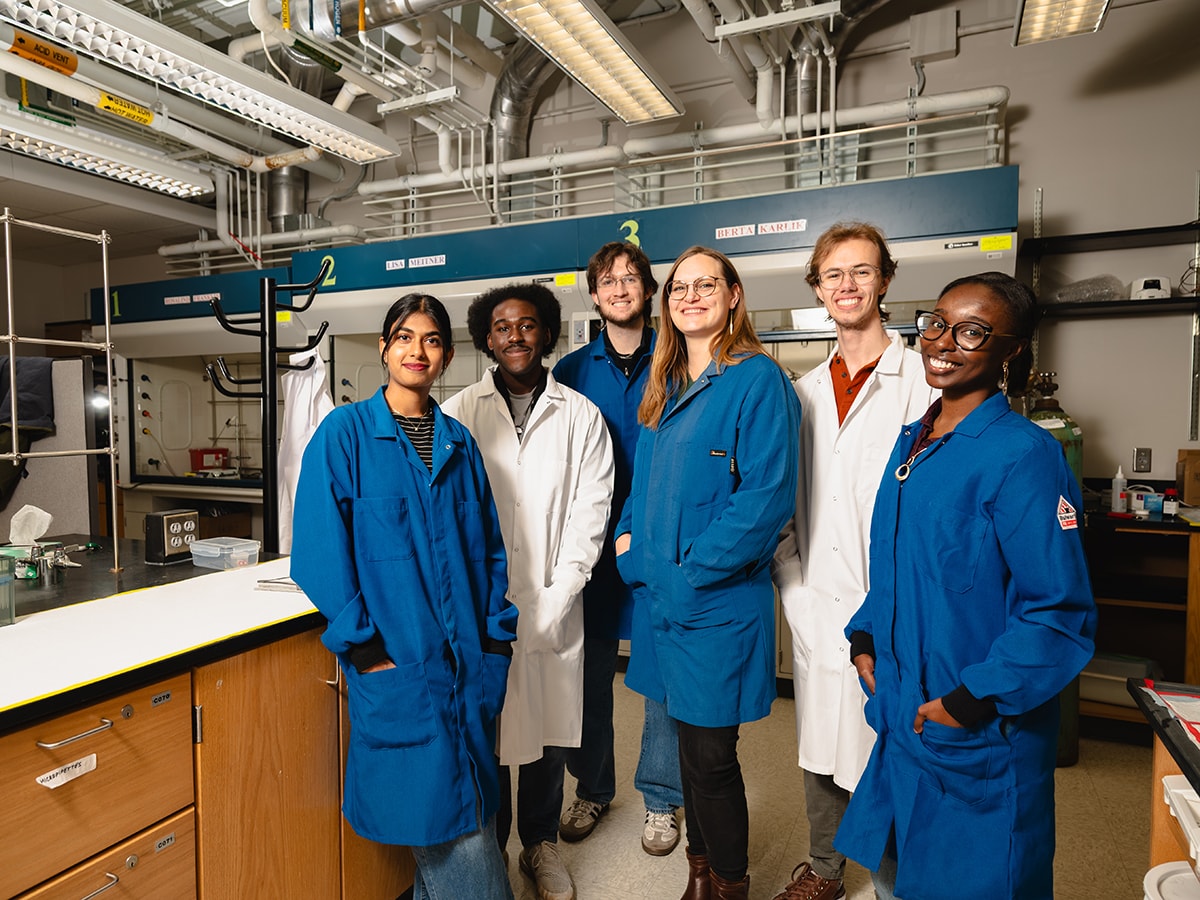 Endowed University Professor of Polar Biology James McClintock, Ph.D. and fellow professor Chuck Amsler, Ph.D., both of the Department of Biology, have published a paper in the journal “Organic Letters” with their colleague Bill Baker, Ph.D., professor at the University of South Florida. In it, the researchers explain that the defensive mechanisms of Antarctic marine algae, sponges and other invertebrate species hold promise for humans, too. The scientists isolated a compound from Dendrilla membranosa that is remarkably effective against methicillin-resistant Staphylococcus aureus, or MRSA.
Endowed University Professor of Polar Biology James McClintock, Ph.D. and fellow professor Chuck Amsler, Ph.D., both of the Department of Biology, have published a paper in the journal “Organic Letters” with their colleague Bill Baker, Ph.D., professor at the University of South Florida. In it, the researchers explain that the defensive mechanisms of Antarctic marine algae, sponges and other invertebrate species hold promise for humans, too. The scientists isolated a compound from Dendrilla membranosa that is remarkably effective against methicillin-resistant Staphylococcus aureus, or MRSA.In lab tests, the compound, which the researchers named “darwinolide” after the sponge’s family name, Darwinellidae, killed 98 percent of MRSA cells. “It’s a defensive compound against microbes with some very interesting properties,” McClintock said, adding that the next step is to synthesize darwinolide in the lab.
According to the Centers for Disease Control and Prevention, more than 80,000 invasive MRSA infections are diagnosed in the United States each year, and more than 11,000 patients die from MRSA-related complications.
The research was funded by the National Science Foundation and the National Institutes of Health.


